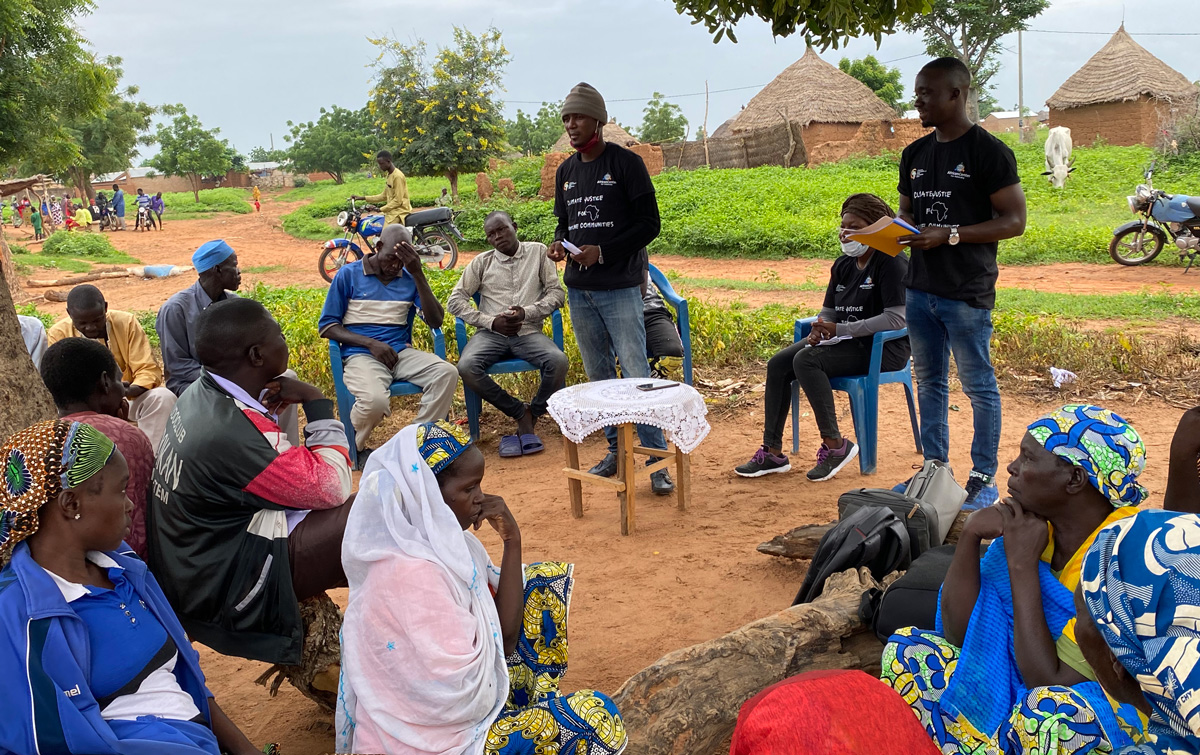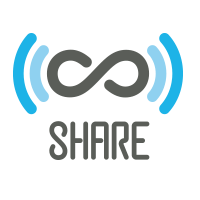Send us a link
COVID's Lessons for Climate, Sustainability and More from Our World in Data
COVID's Lessons for Climate, Sustainability and More from Our World in Data
International agencies need the mandate, funds and expertise to connect information - otherwise pandemics, hunger and unsustainability will go unsolved.
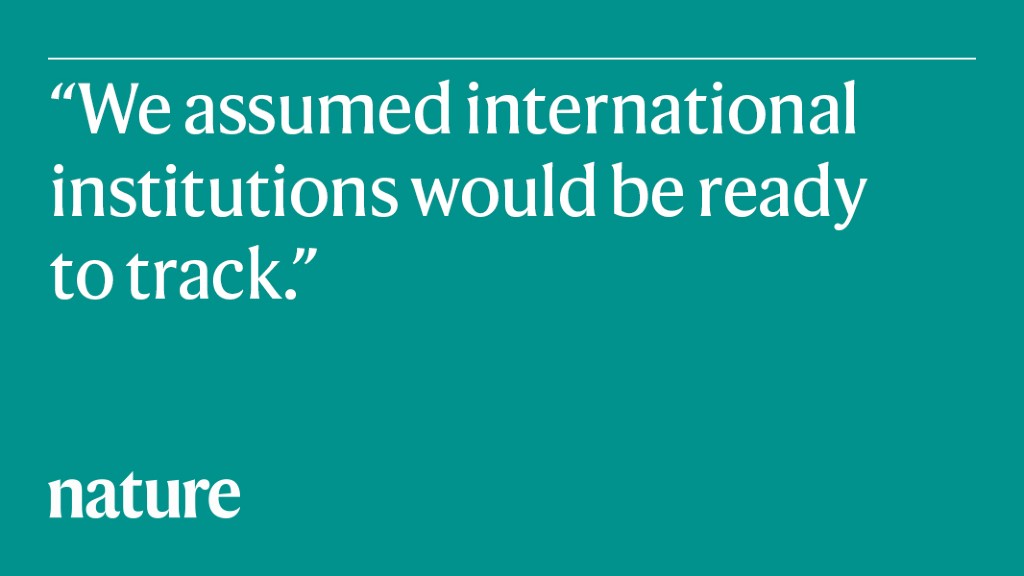
Governments and WHO Changed Covid-19 Policy Based on Suspect Data from Tiny US Company
Governments and WHO Changed Covid-19 Policy Based on Suspect Data from Tiny US Company
Surgisphere, whose employees appear to include a sci-fi writer and adult content model, provided database behind Lancet and New England Journal of Medicine hydroxychloroquine studies.

Google Scholar, Microsoft Academic, Scopus, Dimensions, Web of Science, and OpenCitations' COCI: a Multidisciplinary Comparison of Coverage Via Citations
Google Scholar, Microsoft Academic, Scopus, Dimensions, Web of Science, and OpenCitations' COCI: a Multidisciplinary Comparison of Coverage Via Citations
New sources of citation data have recently become available. Although these have been compared to the Web of Science (WoS), Scopus, or Google Scholar, there is no systematic evidence of their differences across subject categories. In response, this paper investigates citations found by these data sources to English-language highly-cited documents published in 2006 from 252 subject categories, expanding and updating the largest previous study.
What Researchers Think About the Culture They Work In: Quantitative Dataset
What Researchers Think About the Culture They Work In: Quantitative Dataset
Here we present an anonymized version of the dataset that we collected in the quantitative phase of Wellcome's research on research culture. Additionally, we present a document detailing how the data was transformed to protect anonymity. We also present a flowchart that indicates how participants were guided to answer questions in the survey.

Signing the ORCID Funder Open Letter
Launch of the ORCID funder open letter: Nine funding bodies are committed to expanding the use of ORCID in their grant applications.
Gender Imbalance in Cancer Research Grants
In October 2018, former Catalyst Grant winner 'Ada Lovelace Day' (ALD) celebrated its tenth year of showcasing the achievements of overlooked women in science, technology, engineering and maths (STEM). Championing for greater diversity in STEM, and changing the culture and demographics of research, is a year-round effort, and one that ALD supports. We wanted to help extend the celebration of women in science throughout the year, but also use the tools we have available to us to scientifically analyse the state of gender imbalance in research, and evaluate whether these are changing over time.
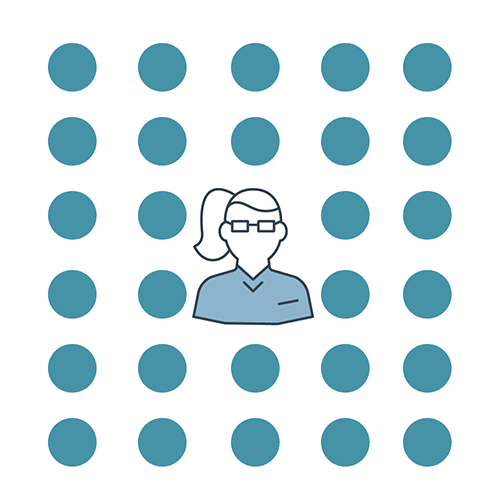
Google Scholar to Overshadow Them All? Comparing the Sizes of 12 Academic Search Engines and Bibliographic Databases
Google Scholar to Overshadow Them All? Comparing the Sizes of 12 Academic Search Engines and Bibliographic Databases
Information on the size of academic search engines and bibliographic databases (ASEBDs) is often outdated or entirely unavailable. Hence, it is difficult to assess the scope of specific databases.

Scientist Publishes A List Of Known Harassers in Academia
Rates of sexual abuse and harassment in academic science are second only to the military. It's estimated that at least half of women faculty and staff face.
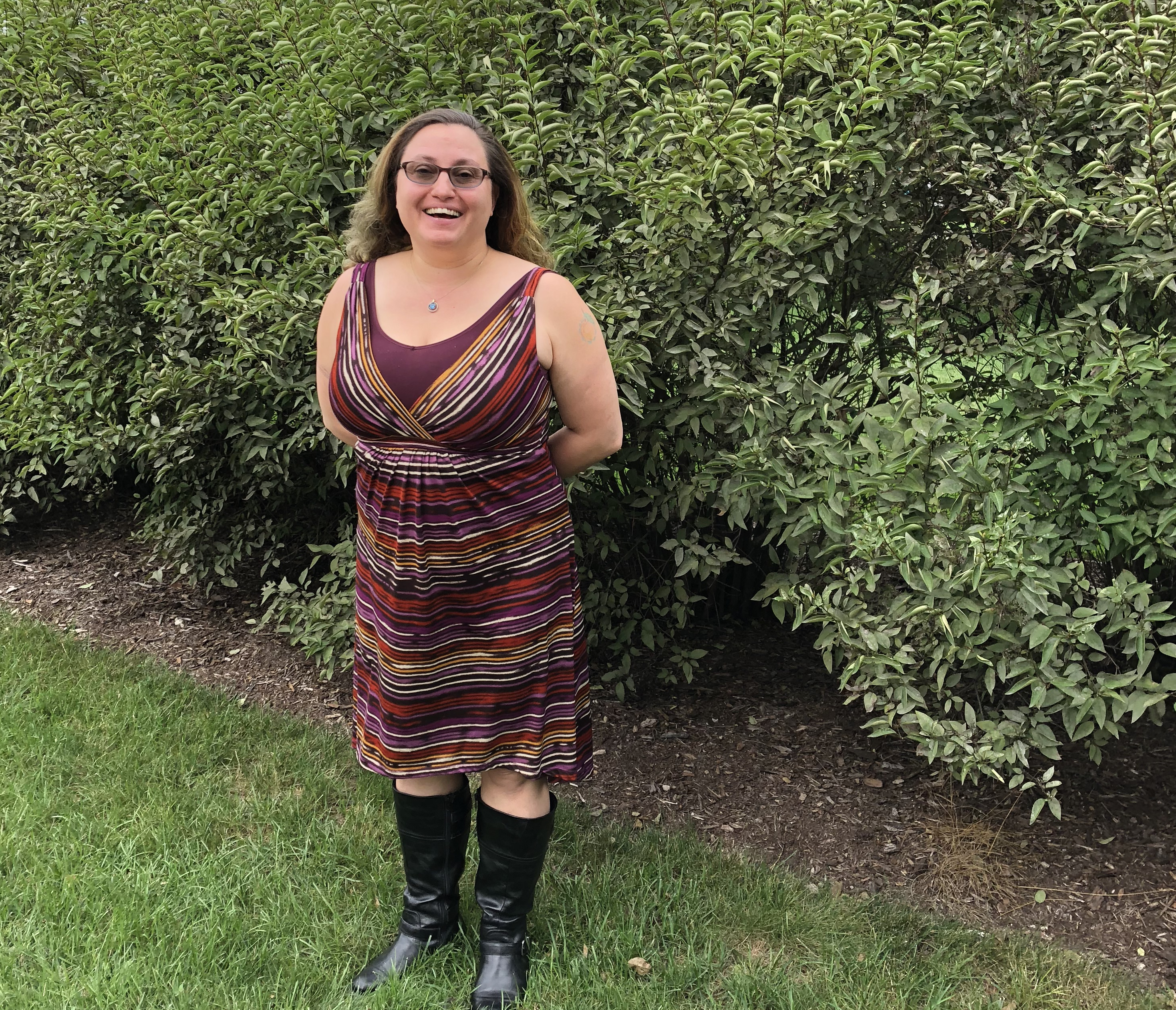
Dimensions: Building Context for Search and Evaluation
Dimensions by Digital Science (owned by Holtzbrinck Publishing) is a new database that includes not only data about publications and their natural associated citation graph, but also awarded grant data, patent data and clinical data and altmetric attention data.

To What Extent Is Inclusion in the Web of Science an Indicator of Journal 'Quality'?
To What Extent Is Inclusion in the Web of Science an Indicator of Journal 'Quality'?
Using WoS as a universalistic tool for research assessment can disadvantage science published in journals with adequate editorial standards and scientific merit.
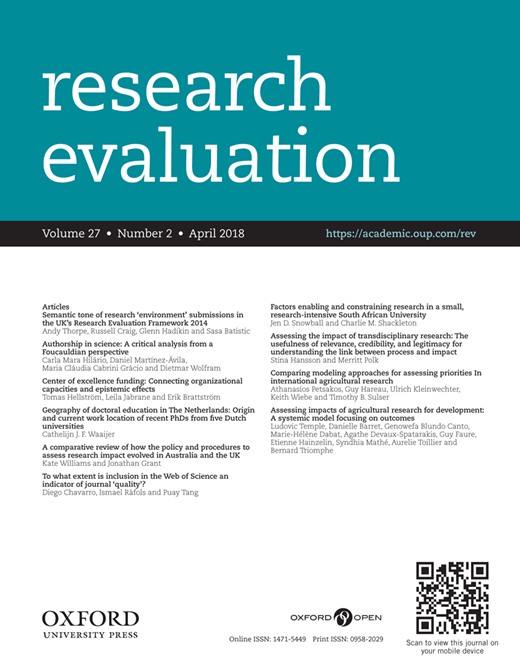
Digital Science Releases GRID Under CC0 License
GRID’s comprehensive database of over 66,000 global research organizations now available under a CC0 license, allowing users to make full use of the database releases with no need for attribution.

Digital Science launches GRID
The Global Research Identifier Database (GRID) is a free, easy-to-use online database that opens up information about research organisations around the world to data scientists, developers and innovators within academic and commercial organisations.
Norwegian P3
The Research Council of Norway has launched a new databank: an open, interactive tool enabling anyone to instantly customise statistical overviews of Research Council grants dating back to 1997. Soon in English.
